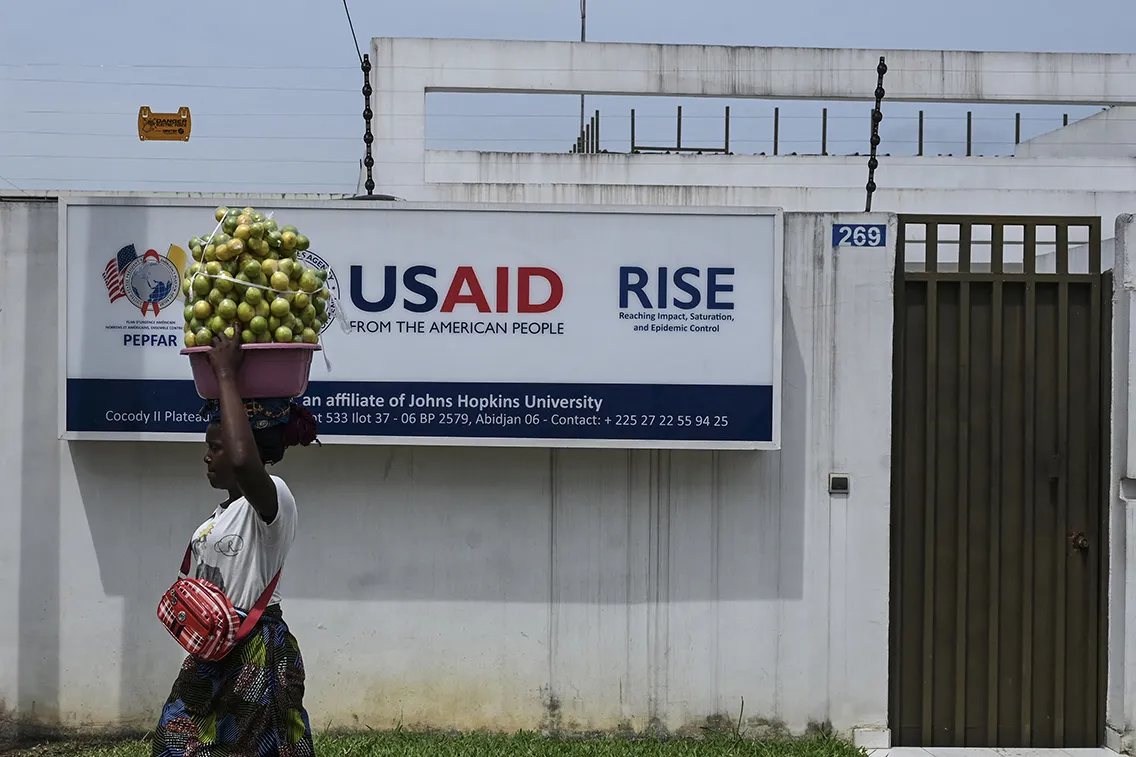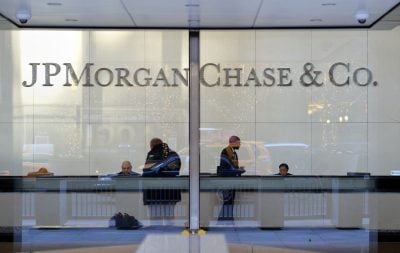Africa is facing significant headwinds from the sudden cancellation of US-funded aid programmes. But, for certain sectors, breaking free from a reliance on aid and pivoting towards investment could prove to be a blessing in disguise, says an Africa-focused impact investor.
“In the long term, maybe this is something that can be turned into an opportunity,” says Nimrod Gerber, managing partner at Vital Capital, an impact investment firm that focuses on the water, food, health and sustainable infrastructure sectors. He tells African Businesses that businesses that receive “commercially oriented” support, as opposed to relying on grants from aid agencies, may ultimately prove to be more durable and create more impact.
USAID gutted, but investors can step up
The US Agency for International Development (USAID) has been gutted since Donald Trump returned to office, with 83% of its programmes cancelled. The United Kingdom, another important donor, has also announced drastic cuts to aid funding as it prioritises defence spending.
There is only so much that the private sector can do to fill this gap. In the case of humanitarian interventions, for example, there is little scope for private investors to replace aid.
But Gerber argues that private investment can play a role in mitigating the loss of USAID ecosystem-building programmes. He points to how African governments and financial institutions, alongside private sector developers, are taking the lead with ‘Mission 300’, the initiative to connect 300 million people to electricity networks by 2030. This, he says, is helping to fill the gap left by Power Africa, the USAID initiative that played a prominent role in addressingthe continent’s electricity access gap from 2013 until its sudden demise in February.
But the greatest opportunity for the private sector, Gerber believes, is to step in where USAID and similar agencies have supported private businesses with grants and other forms of support. Some of these businesses are now facing an immediate cash crunch. “This is where the private sector can get involved,” he says. An investor like Vital Capital, which has a mandate to deliver both impact and returns, could inject capital into these kinds of businesses and use its “operational expertise” to help them grow, Gerber tells us.
Short term pain, long term gain?
Although many donor nations are scaling-back their global aid programmes, Gerber believes that development finance institutions can still play a key role through blended finance fund structures, in which they provide ‘first loss’ capital – this allows fully commercial investors to put money into the same investment fund while bearing less of the risk. Such funds, managed by firms such as Vital Capital, typically have a mandate to deliver financial returns alongside impact or environmental, social and governance objectives.
Unlike USAID, the US Development Finance Corporation – which was established during Trump’s first term – has so far escaped the chopping board, though it will need to be reauthorised by the US Congress later this year. It is unclear if its mandate will change, though there have been some proposals to reorient the body towards investing in domestic industries.
Gerber argues that the DFC has been “very efficient” to datein deploying capital with a commercial lens. Making greater use of blended finance mechanisms, as opposed to providing direct grants to companies with aid money, could produce a “good outcome”, he suggests.
Gerber also sees an opportunity for African pension funds to make a greater contribution by deploying capital into private investment funds. These funds had combined assets of $205.9bn in 2022, according to the Mo Ibrahim Foundation(other sources point to higher figures); yet they are notoriously conservative in their investment strategies.
“Impact investment is the perfect bridge,” Gerber says, for pension funds to diversify beyond their traditional approach of buying government bonds, while also contributing to national development objectives.
Want to continue reading? Subscribe today.
You've read all your free articles for this month! Subscribe now to enjoy full access to our content.
Digital Monthly
£8.00 / month
Receive full unlimited access to our articles, opinions, podcasts and more.
Digital Yearly
£70.00 / year
Our best value offer - save £26 and gain access to all of our digital content for an entire year!

 Sign in with Google
Sign in with Google 



